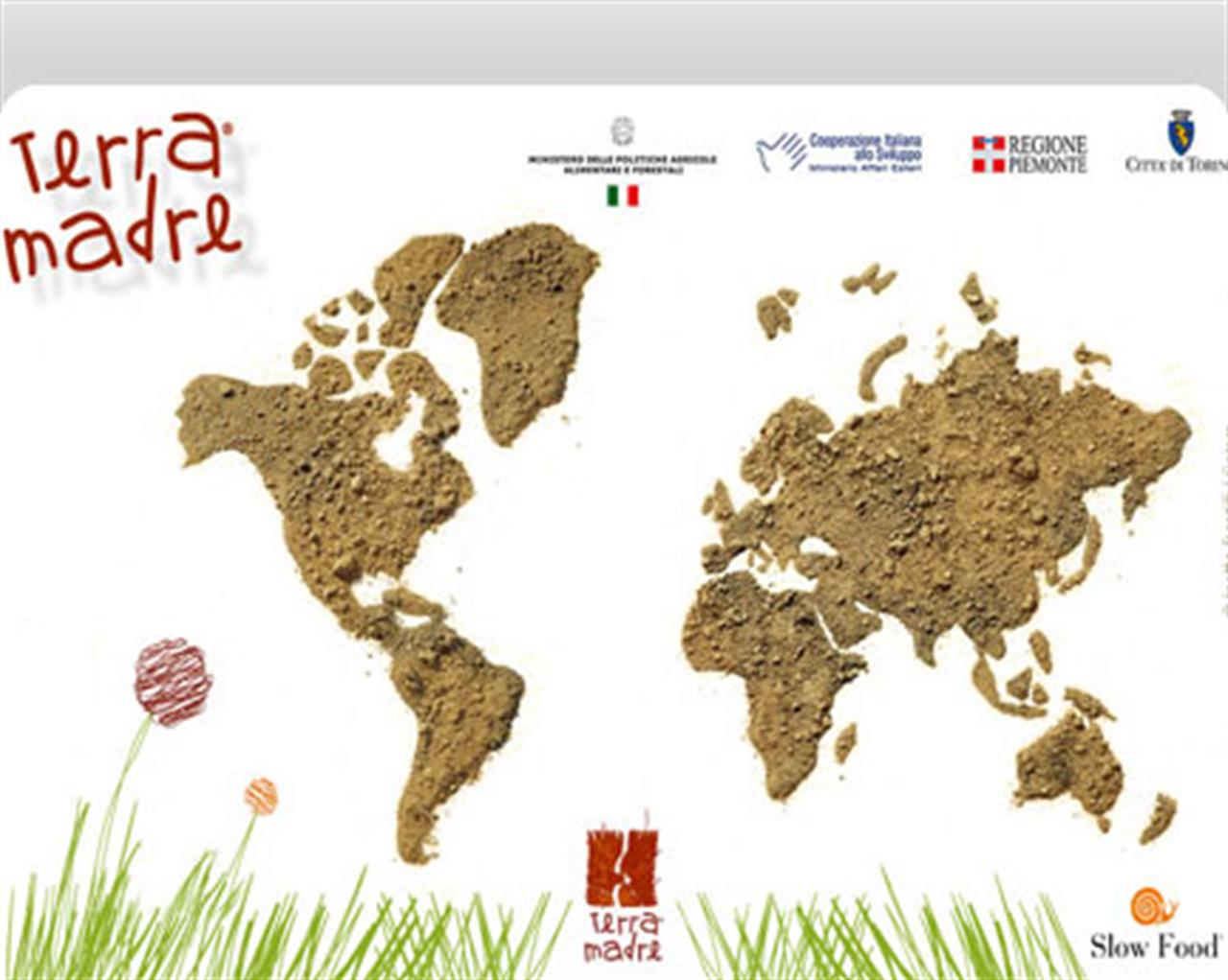Sostenibilità
Mother earth’s “tasteful” activists
Representatives of more that 180 countries will attend a meeting about food. Young people, university professors and researchers will come together to discuss today's challenges: globalisation, global warming and poverty.

Ten years ago the Salone del Gusto (a ‘taste’ fair) was a very big national event to promote local Italian products, like salami and cheese. Now it has opened its doors to Terra Madre (Mother Earth), a gastronomic and cultural event. Its protagonists? Local producers from all over the world. A very different perspective then, from Italian flavour’s paradise to international showcase of cultures connected to food. The result, however, has been the same: a success on all fronts!
The people who will participate to Terra Madre’s next edition at the Oval Lingotto Fair building in Turin, from the 23rd to the 27th of October, will be not only users, tasters or curious people. Is activists too big a word? It may be, but its not far off the mark. Terra Madre’s numbers are impressive: 6, 882 participants, 6, 072 of whom are delegates and 810 are experts, associations and the representatives of local institutions coming from 183 countries. The number of food communities attending the meeting will be 1, 678. Farmers, breeders and fishermen will also play an important role and more than 3, 700 are expected. More than 900 young people from all over the world will be involved in a new project called Youth Food Movement, launched during the Slow Food association’s fifth international congress.
The philosophy behind the network, in fact, is centred around the contribution of new generations to the development of an alternative agricultural model, locally based and accessible to all. 275 university professors and many other representatives of the research world will attend the meeting together with the young students: a melting pot of technical-scientific, humanistic, economic and philosophical culture. The aim of this meeting of new and old generations is to create a new knowledge network that unites generations through food culture. The conferences, with a fixed maximum number of participants, will be chaired by more than one hundred academics, researchers and politicians. Among them: Vandana Shiva, Serge Latouche, Stefano Zamagni, Mauro Bonaiuti, Luca Mercalli and many others.
There will also be space for music: more than fifty concerts of bands coming from all the continents (216 musicians), but also a street theatre, story-tellers and dance, all aimed at increasing awareness of cultural alternatives to the dominant culture. An organizational effort made possible through the cooperation between local and national institutions, private enterprises, associations and many volunteers.
An effort has been made to create a truly notable fair with minimal environmental impact. How? 50% of the exhibit space will be made with Celenit, a material that is not processed chemically but that meets fireproofing regulations and that is classified as eco friendly and biodegradable. The organizers have eliminated fitted carpets (that have a too short life cycle) and have undersigned agreements with the company that manages motorways in Italy to recycle all leftovers into road construction and maintenance. The separation of waste collected in the fair is expected to be 50% more efficient that Turin’s average. The use of disposable material will be cut down and all items that are used to eat food will be completely biodegradable. At the moment this is the only alternative to using plastic in such big fair events. Finally, a strategy has been devised that will maximise the use of renwable energy resources. All in all the fair is distinguished by a maniac organization aimed at maximizing the sustainability of a mass event.
Translation by: Cristina Barbetta
Find out more: www.terramadre2008.org
Si può usare la Carta docente per abbonarsi a VITA?
Certo che sì! Basta emettere un buono sulla piattaforma del ministero del valore dell’abbonamento che si intende acquistare (1 anno carta + digital a 80€ o 1 anno digital a 60€) e inviarci il codice del buono a abbonamenti@vita.it
